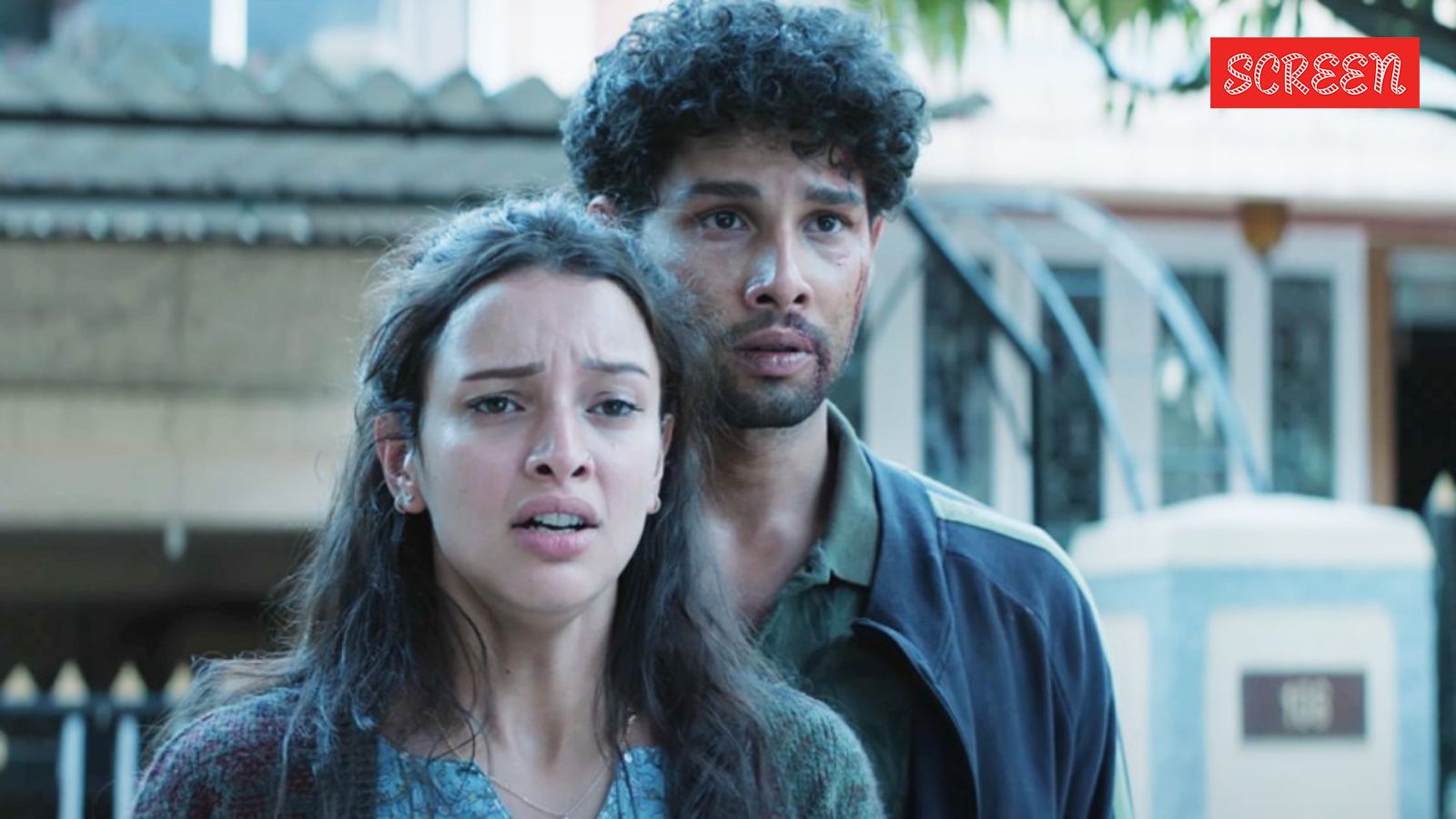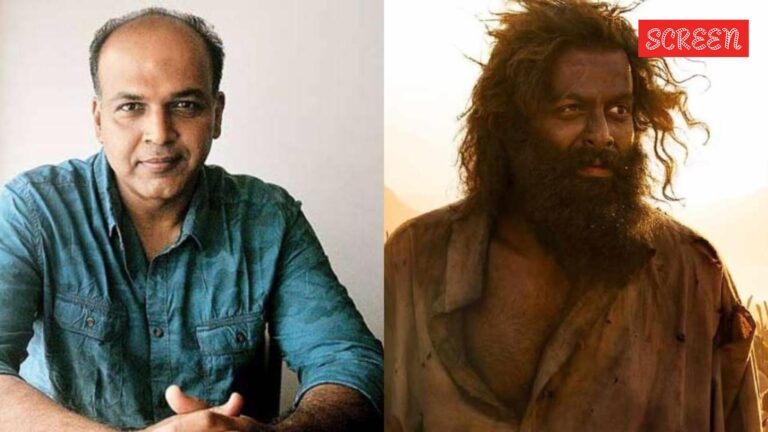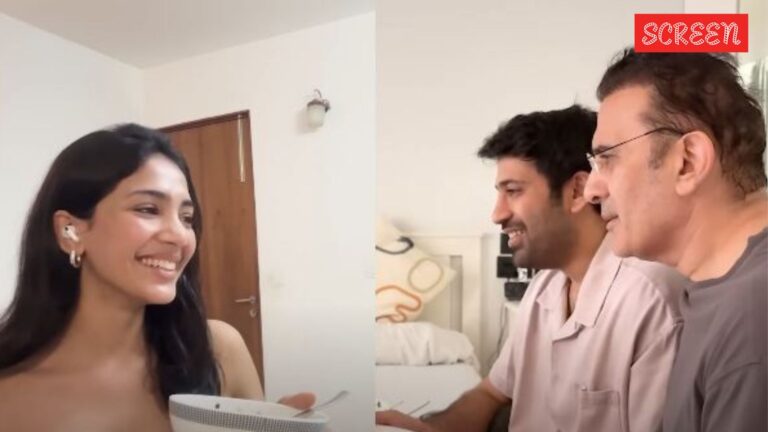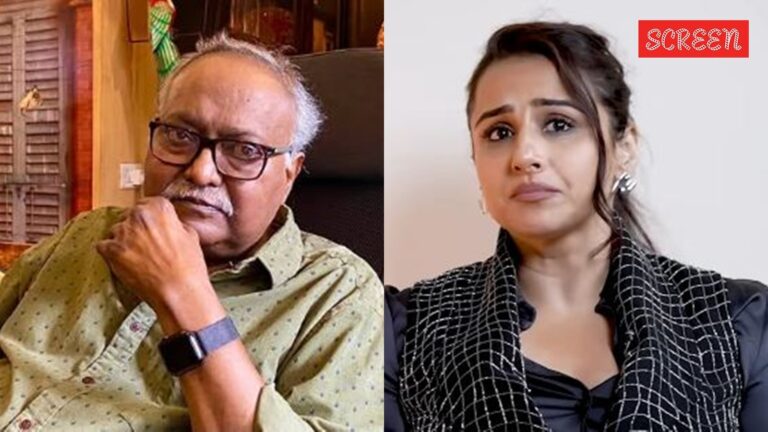Nobody else could have helmed Karan Johar’s Dhadak 2 better than debutant Shazia Iqbal. Nobody else could have understood the film’s internal rage with such piercing clarity. And nobody else could have channelled it through the language of love as poignantly, as devastatingly, as Iqbal. It might sound strange to call her the perfect voice for a story cursed by caste and gender. After all, this is her first feature. It might sound strange to only those who mistake her Bihar roots for Bandra comfort and misread her lens of interrogation for the distant gaze of privilege. It might sound strange to those who see her as just another newcomer, unaware that before this, she had already crafted a 20-minute short, and a 36-minute episode in an anthology series. Both works where identity is not simply a theme, but also the very terrain of the narrative. And in both, she wields love both as balm, and also as scalpel: dissecting, confronting, exposing. So no, it isn’t strange at all. For those who have seen her work, this was inevitable. In that sense, Dhadak 2 is not just a debut; it’s feels more like a culmination.
ARTICLE CONTINUES BELOW VIDEO
That isn’t to say Dhadak 2 is a perfect film. But then again, what film is? The point is, it’s true that its parts often resonate more deeply than the whole. It’s true that certain stretches disarm you with their rawness, their sincerity, their refusal to flinch. And it’s also true that there are moments where writing shows its scaffolding, where the performances feel just a touch too conscious, a little too rehearsed. Still, in a time when everything is relative, when subservience is the cornerstone of contemporary storytelling, Iqbal’s directorial choices stand apart. To begin with, she resists the temptation of a scene-by-scene remake. So, rather than mimic Mari Selvaraj’s Pariyerum Perumal, she hopes to reimagine it. Of course, the basic structure and broader plot points remain intact. But a smart adaptation is the one that always confronts the source material. It recognises what didn’t work and dares to improve upon it. That’s the first sign of a filmmaker who’s not being reverential, but thinking critically.
One of the more persistent shortcomings of Selvaraj’s original was the character of Jo (Anandhi), who felt distinctly shortchanged. Of course, an argument can be made that the film was always intended as a coming-of-age story for Pari (Kathir). But even then, it would’ve been intriguing to see more texture, more layers to Jo, who appeared fairly one-dimensional. This is where Iqbal makes a pointed intervention. Her counterpart, Viddhi (Triptii Dimri), is not just a witness to caste and class, she is conscious of her place within it. Her privilege isn’t invisible to her; it, in fact, burdens her, sometimes even haunts her. But that’s not the only axis she’s fighting on. Within her own home, she is locked in a more insidious struggle against a familial patriarchy that dresses itself up as protection, where women are repositories of honour rather than beings with agency. And in one of the film’s final acts, Viddhi pushes back. She confronts her father and uncle. The scene is blunt, confrontational, almost didactic. In a different film, one might long for more subtlety, a gentler hand. But Iqbal understands that subtlety doesn’t always serve truth. Sometimes, things need to be said overtly. Sometimes, you need to break the fourth wall.
This brings me back to Bebaak, the 20-minute short Shazia Iqbal directed in 2018. The first time I watched it, I was caught off guard by its heavy handedness. The way it laid its politics bare, without hedging or hesitation. It felt loud, almost jarring in its exposition. But when I returned to it, something deeper began to unfold. It made me uncomfortable, it made me confront my own privilege as a Muslim man. I thought I wanted the struggles of a Muslim woman to arrive gently, draped in nuance, dressed in cinematic sophistication. I thought I wanted subtlety. But what I really wanted was distance, a softening of the truth, a safe buffer between her experience and my own complicity. And in that moment, I realised: sometimes, it’s truth, not nuance, that’s most necessary. Sometimes, the blunt force of honesty is what pierces through apathy. And from that point on, I was intrigued by the cinematic language Iqbal was deploying. She has always wanted to scream through her characters, because in today’s world, silence is the same as being apolitical. She has never shied away from heavy exposition, because they are revealing darker truths, others are too cautious to confront. She knows that difficult times call for difficult measures. It’s as if her artistic ambition can wait, because society is bleeding, and someone needs to speak before the wound is forgotten.
That’s why, when Viddhi screams in the climax, you feel the full gravity of it. Because, it’s very much a political act. Because Dhadak 2 is a furious film. It simmers, rages, and refuses to apologise for its anger. And unlike the original, where caste is mentioned sporadically (and rightfully so), Iqbal chooses to insist on saying the unsaid. Here, every few minutes, you hear Jai Bhim. You see neighbourhoods named Bhim Nagar. You see the faces of Ambedkar, Savitribai Phule and Jyotiba Phule framed on walls. Words like ‘jaat’, ‘quota’, and ‘reservation’ are hidden between lines. Which is why it’s no coincidence that she introduces Shekhar (Priyank Tiwari), a Dalit student leader whose eventual erasure reminds you of Rohith Vemula. It’s no accident that the college dean is a Muslim man named Haider Ansari (Zakir Hussain), or that Vipin Sharma plays a man shunned simply because he dares to not conform to standards of both masculinity and fatherhood. Everywhere in Dhadak 2, identity wrestles with the idea of belonging. Because everywhere around you see the same: belonging withheld, denied, weaponised.
And if Shazia Iqbal is angry, she is also certain that love is the only real antidote. That’s why she doesn’t pitch Dhadak 2 as a coming-of-age story, but as a love story, between Viddhi and Neelesh (Siddhant Chaturvedi). Because love and identity have never been separate. That’s why the shift in tone, from romance to social reckoning, arrives so seamlessly, you barely notice it happening. One moment, it’s the story of two young people in love. Next, it’s a confrontation with the world that refuses to let that love exist. And that’s what makes the climax land the way it does. And makes you feel perhaps the real film begins when the end credits roll. As you step out of the cinema, you can imagine Viddhi, (unlike Jo in the original) fully aware of what her family did. You can see her, perhaps not forgiving, perhaps not seeking reconciliation, in the early days. You can then almost picture her brother eventually recognizing the futility of all, reaching, to make peace with her and Nilesh. It then quickly reminds you of Homecoming, the tender episode Iqbal directed in Love Storiyaan, especially its final moments, where another brother attempts to mend a bond with a sister who, like Viddhi, dared to love beyond the boundaries of identity. You keep imagining how it all plays out, because Iqbal gives you the space, the agency, to find your own sense of closure in their love story.






















